Today In Black History, May 10th 1930: The National Pan-Hellenic Council is formed
The National Pan-Hellenic Council (NPHC) is a collaborative umbrella organization composed of historically African American fraternities and sororities. The nine NPHC Greek-letter organizations are sometimes collectively referred to as the "Divine Nine (D9)". The member/partner organizations have not formally adopted nor recommended the use of this term to describe their collaborative grouping. The NPHC was formed as a permanent organization on May 10, 1930, on the campus of Howard University, in Washington, D.C. with Matthew W. Bullock as the active Chairman and B. Beatrix Scott as Vice-Chairman. NPHC was incorporated under the laws of the State of Illinois in 1937 and is headquartered in Decatur, Georgia.
The council promotes interaction through forums, meetings, and other media for the exchange of information and engages in cooperative programming and initiatives through various activities and functions.
Each constituent member organization determines its own strategic direction and program agenda. Today, the primary purpose and focus of member organizations remain camaraderie and academic excellence for its members and service to the communities they serve. Each promotes community awareness and action through educational, economic, and cultural service activities.
The National Pan-Hellenic Council was established in an age when racial segregation and disenfranchisement plagued African Americans, the rise of each of the black fraternities and sororities that make up the NPHC bore witness to the fact that despite hardships African Americans refused to accede to a status of inferiority.
The organizations stated purpose and mission in 1930: Unanimity of thought and action as far as possible in the conduct of Greek letter collegiate fraternities and sororities, and to consider problems of mutual interest to its member organizations.
The founding members of the NPHC were Kappa Alpha Psi, Omega Psi Phi, Alpha Kappa Alpha, Delta Sigma Theta, and Zeta Phi Beta. The council's membership expanded as Alpha Phi Alpha (1931), Phi Beta Sigma(1931), Sigma Gamma Rho (1937), and Iota Phi Theta (1996) joined this coalition of Black Greek letter organizations (BGLOs).
In his book on BGLOs, The Divine Nine: The History of African-American Fraternities and Sororities in America (2001), Lawrence Ross coined the phrase "The Divine Nine" when referring to the coalition.
As required by various campus recognition policies, neither the NPHC, nor its member national or chapter organizations discriminate on the basis of race or religion.
In 1992, the first permanent national office for NPHC was established in Bloomington, Indiana on the campus of Indiana University through the joint cooperation of Indiana University and the National Board of Directors of NPHC. Prior to its establishment, for over a 62-year period, the national office would sojourn from one officer to the next.


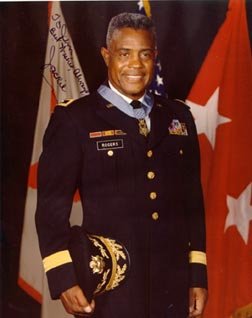

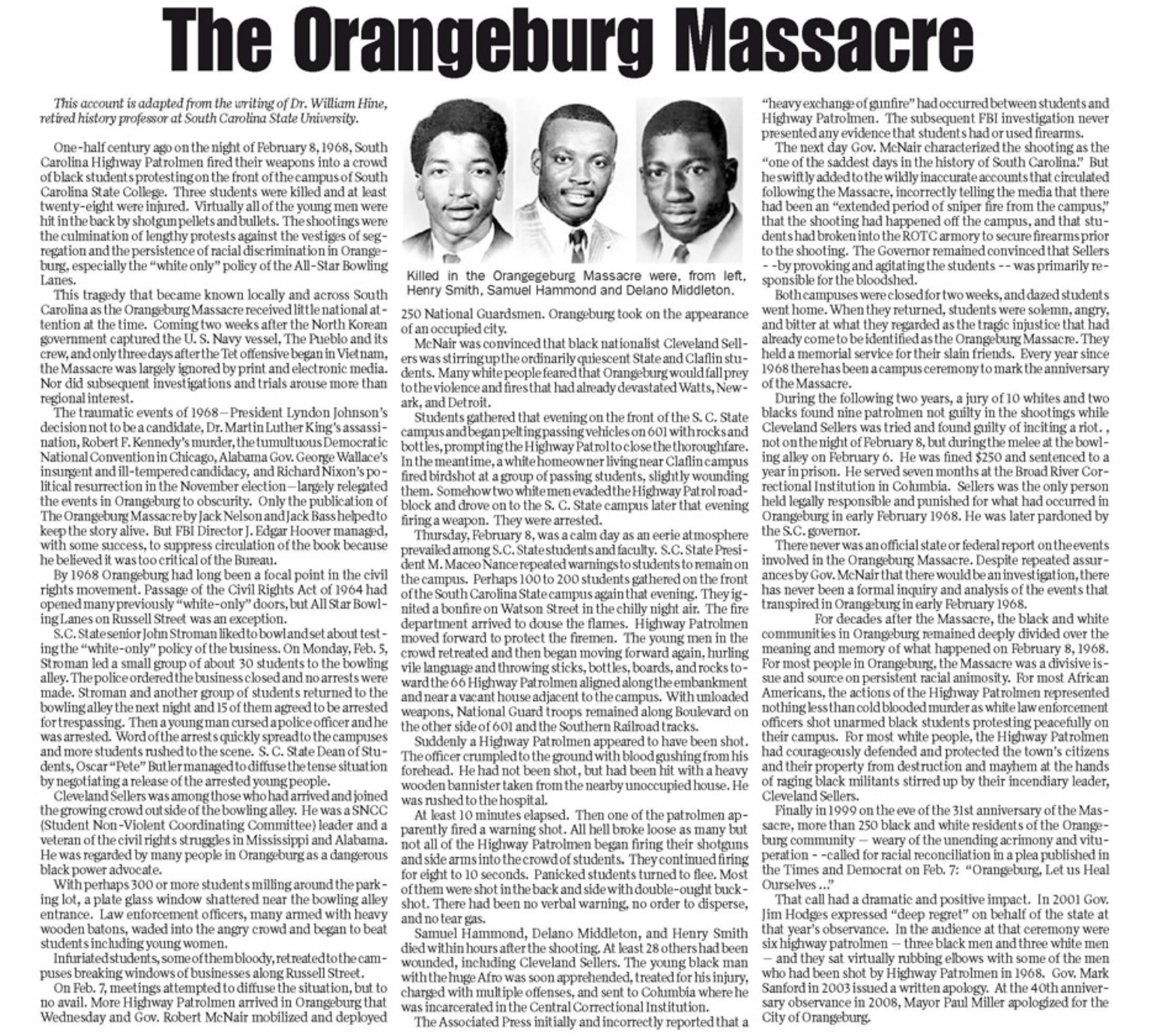
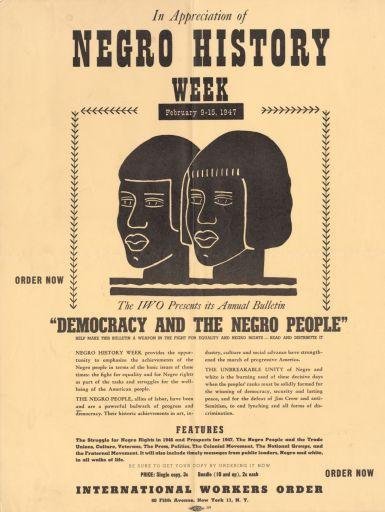
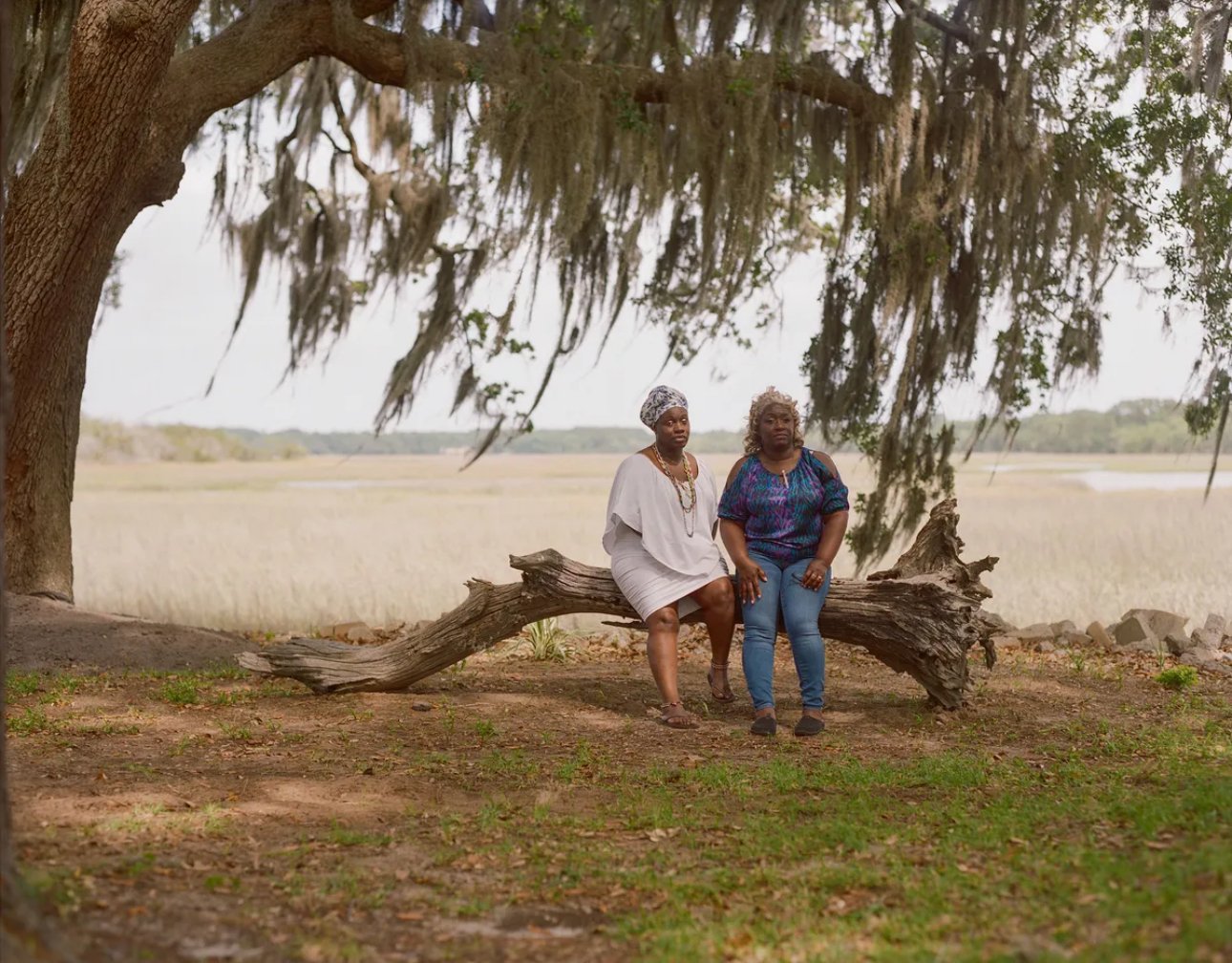
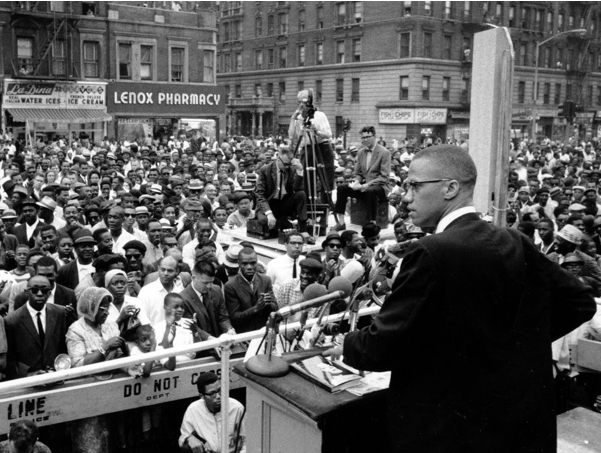



Dr. Martin Luther King Jr. was one of the most influential figures in American history. As the face of the civil rights movement, his leadership and commitment to nonviolent protest reshaped the national dialogue around race, equality, and justice. His assassination on April 4, 1968, in Memphis, Tennessee, shocked the nation and the world.